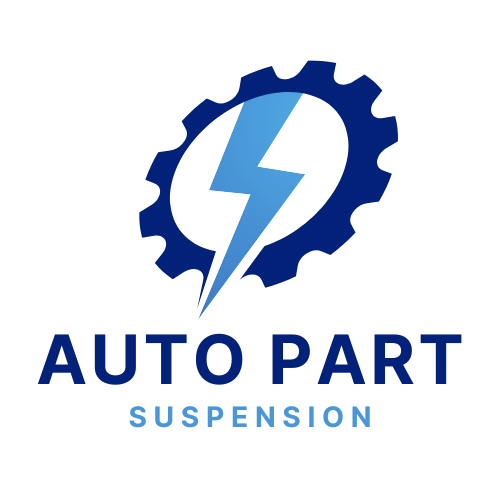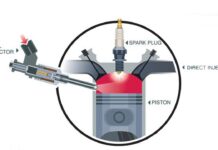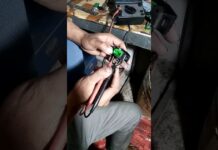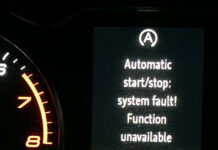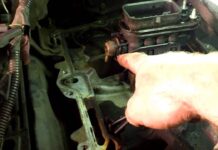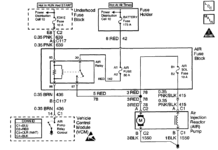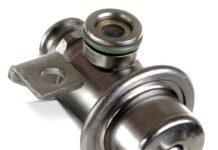What is the P0039 fault number? What is the description of P0039 Error Code – Turbocharger/Supercharger Bypass Valve Control Circuit Range/Performance Malfunction? How can you fix P0039 fault codes? What are the causes and symptoms of the P0039 error code?
What is the P0039 fault code? What does it stand for?
A code P0039 is set if the powertrain control module (PCM) detects a malfunction in the turbocharger/supercharger bypass valve control circuit. For the engine’s proper operation, the turbo pressure must range between 9 psi to 14 psi. Fault code P0039 will be activated if the turbo pressure is outside of this range.
The bypass valve is used on turbocharged and supercharged motors. This valve prevents excessive pressure from forming when the throttle is closed. When you press the accelerator pedal, the throttle opens and the turbo injects compressed air into each cylinder. When the accelerator pedal is released, the throttle will close. The turbo continues to work and excess pressure builds between the turbo and the throttle. Due to back pressure, the turbo does not work properly. When the accelerator pedal gets pressed again, the turbo will take some time to kick in. The boost solenoid or bypass valve stabilizes the pressure and ensures that the pressure does not exceed the vehicle’s set limits. Overpressure, turbocharger and excessive boost can cause engine damage.
The code will be set on a vehicle that has a turbocharger or without.
The P0039 fault code can affect vehicles of all makes and models, including but not limited to: Volkswagen, Dodge, Pontiac. Ford, Saab. Saab. Pontiac. Ford. GM. Audi. Skoda.
What causes the P0039 Fault code?
Here are some reasons why P0039 should be set.
- – Defective turbocharger/supercharger bypass valve
- – Defective turbocharger/supercharger bypass valve actuator
- – Defective boost solenoid
- – Circuit problems related to bypass valves such as loose connectors or damaged wires
- – Air leakage due to damaged intake air lines or loose clamps
- – Intercooler leaks
- – Defective turbo pressure sensor
- – A PCM that is not working or requires software updates
What are the symptoms of the P0039 Fault Code?
You may experience the following symptoms if your vehicle has a P0039 code:
- – Illumination at the check engine lights
- – Low engine performance
- – The turbo makes clicking, clicking or hissing noises.
- Excessive smoke coming from the exhaust
- – Sparkplugs can be contaminated
- – Engine and transmission overheating
- High engine temperatures can cause detonation of the combustion chamber.
- – Triggering misfires, knocking and other turbo-related fault codes
How do I fix the P0039 fault code?
- – Do a pressure test of the intake system between turbochargers and throttle.
- – Check the pressure if it is too low.
- – Make sure the bypass valve does not get stuck in closed or open position. Replace it if it is damaged.
- The turbo pressure sensor could be defective if the pressure falls within the recommended range.
The intercooler can also be damaged or leaking. Cracked hoses can be difficult to spot and often are invisible. The hoses will crack from dirt and liquids that have accumulated underneath them.
How Serious Is the P0039 Fault Coding?
This code needs to be addressed immediately. If the vehicle is left to run without being addressed, it could cause serious engine damage, particularly if the boost level exceeds the manufacturer’s recommended limits. The engine may be unable to perform properly or consume excessive fuel.
